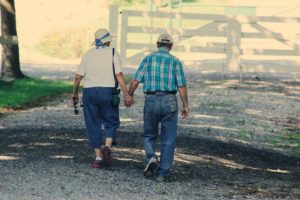
There are three classifications of adult foster home licenses in Oregon. The classifications are based on the experience and/or training of the provider.
There are three classifications of adult foster home licenses in Oregon. The classifications are based on the experience and/or training of the provider. Each home has a license posted that indicates the classification of the home.
- A licensee with a Class 1 license may only admit residents who need assistance in no more than four activities of daily living (ADLs).
- A licensee with a Class 2 license may provide care for residents who require assistance in all activities of daily living, but require full assistance in no more
than three activities of daily living. - A licensee with a Class 3 license may provide care for residents who require
full assistance in four or more activities
of daily living.
In each classification, the provider can only admit residents with a certain number of impairments. These impairments are defined according to
six major activities of daily living (ADLs). These are eating/nutrition, dressing, personal hygiene, mobility, toileting and behavior management.
Adult Foster Home Lists:
You can find adult foster homes with vacancies matching criteria you specify at www.HomecareChoices.org.
Senior Services in Jackson County
at 541-776-6222
Senior and Disability Services in
Josephine County 541-474-3110
Article Provided by:
Retirement Connection
Search Retirement Connection Listings for Residential Care Facilities
Search Residential Care Facilities for Grants Pass
Search Residential Care Facilities for Klamath Falls
Search Residential Care Facilities for Medford
Search Residential Care Facilities for Roseburg









